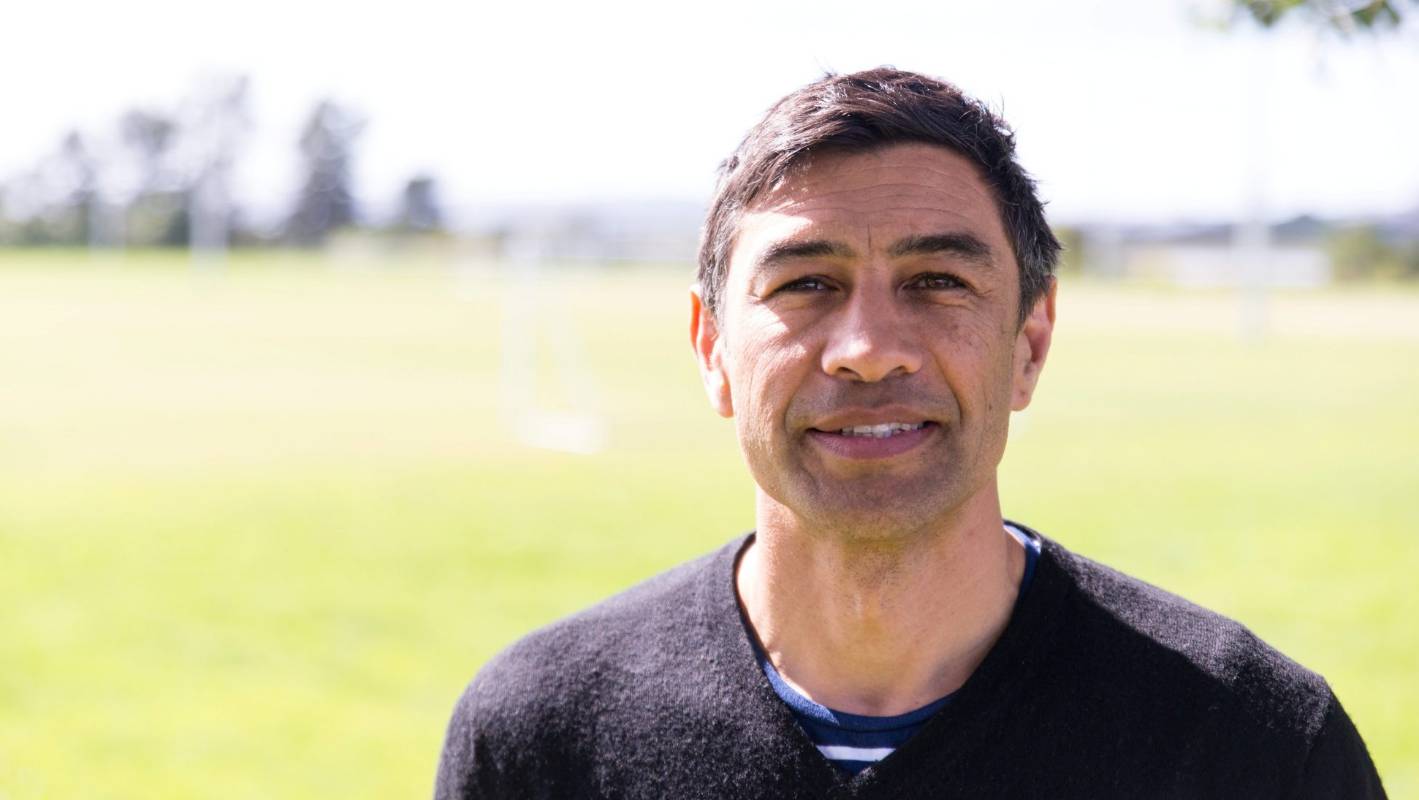Introduction
Rich Carson, an accomplished American businessman and the founder of ProHealth, has dedicated his life to supporting those affected by chronic fatigue syndrome (CFS). Diagnosed with CFS himself, Carson’s journey is marked by resilience, determination, and a commitment to helping others navigate this debilitating condition. His personal battle with CFS and his professional achievements offer an inspiring narrative of strength and advocacy.
Rich Carson’s Battle with Chronic Fatigue Syndrome
Early Career and Onset of Illness
Rich Carson was thriving in his career when he began experiencing severe fatigue, muscle pain, and cognitive difficulties. Initially, these symptoms were perplexing and disruptive, significantly impacting his ability to work and enjoy life. After a series of medical consultations and tests, Carson was diagnosed with chronic fatigue syndrome (CFS), a condition characterized by persistent, unexplained fatigue and a variety of other debilitating symptoms.
Diagnosis and Initial Struggles
Receiving a diagnosis of CFS marked the beginning of a challenging journey for Carson. Like many CFS patients, he faced skepticism and a lack of understanding from both the medical community and society. The uncertainty surrounding his condition and the absence of effective treatments added to his frustration and despair.
Understanding Chronic Fatigue Syndrome
What is Chronic Fatigue Syndrome?
Chronic fatigue syndrome (CFS), also known as myalgic encephalomyelitis (ME), is a chronic illness characterized by severe fatigue that does not improve with rest and often worsens with physical or mental activity. CFS can significantly impair daily functioning and quality of life.
Common Symptoms
- Severe Fatigue: Persistent exhaustion that worsens with physical or mental activity and does not improve with rest.
- Post-Exertional Malaise (PEM): A significant worsening of symptoms following physical or mental exertion.
- Sleep Problems: Unrefreshing sleep, insomnia, or other sleep disturbances.
- Cognitive Difficulties: Issues with concentration, memory, and cognitive processing, often referred to as “brain fog.”
- Muscle and Joint Pain: Unexplained muscle pain and joint pain without swelling or redness.
- Headaches: New or worsening headaches.
- Sore Throat and Swollen Lymph Nodes: Recurring sore throat and tender lymph nodes.
Rich Carson’s Battle with Symptoms
Daily Life Challenges
The transition from a successful career to living with CFS was profoundly challenging for Carson. Tasks that were once routine became insurmountable obstacles. The severe fatigue and other symptoms significantly impacted his ability to engage in daily activities and maintain his professional commitments.
Mental and Emotional Impact
The chronic nature of CFS also took a toll on Carson’s mental and emotional well-being. The drastic change in his life, coupled with the invisible nature of the illness, led to feelings of frustration, isolation, and depression. The lack of public understanding and support for CFS added to the emotional burden he carried.
Founding ProHealth: Turning Adversity into Advocacy
The Birth of ProHealth
Determined to make a difference for others facing similar challenges, Rich Carson founded ProHealth in 1988. The company began as a small mail-order business selling nutritional supplements designed to support individuals with CFS and other chronic illnesses. Carson’s vision was to create a comprehensive resource that would provide high-quality supplements, information, and support to those affected by CFS.
Expanding the Mission
Under Carson’s leadership, ProHealth expanded its mission to include advocacy, research funding, and community support. The company became a trusted source of information and products for individuals with CFS, fibromyalgia, and other chronic conditions. ProHealth’s website offers a wealth of resources, including articles, research updates, and forums where patients can share experiences and support each other.
Treatment and Management Strategies
Medical Treatments
- Medications: There is no specific cure for CFS, but various medications can help manage symptoms. These may include pain relievers, sleep aids, and antidepressants to improve sleep and mood.
- Cognitive Behavioral Therapy (CBT): CBT can help patients develop coping strategies to manage the psychological impact of CFS.
Lifestyle Modifications
- Pacing: Pacing involves balancing periods of activity with rest to avoid triggering post-exertional malaise. This method helps manage energy levels and prevent symptom flare-ups.
- Healthy Diet: Maintaining a balanced diet rich in essential nutrients can support overall health and energy levels.
- Gentle Exercise: Low-impact exercises, such as stretching and yoga, can help maintain physical health without exacerbating symptoms. Exercise routines should be tailored to individual energy levels and capabilities.
- Sleep Hygiene: Establishing a regular sleep schedule and creating a restful sleep environment can help improve sleep quality.
Alternative Therapies
- Acupuncture: Some patients find relief from symptoms through acupuncture, which may help improve energy levels and reduce pain.
- Massage Therapy: Regular massages can help alleviate muscle tension and promote relaxation.
- Mindfulness and Meditation: Practices such as mindfulness meditation can help manage stress and improve mental clarity.
Rich Carson’s Advocacy and Awareness Efforts
Raising Public Awareness
Rich Carson has used his platform to raise awareness about CFS. By sharing his personal experiences and the challenges he faces, he has helped to shed light on the condition and foster greater understanding and empathy among the public.
Supporting Research and Education
Carson’s advocacy extends to supporting research and education initiatives aimed at better understanding CFS. ProHealth has contributed significantly to research funding, helping to uncover the underlying causes of CFS and develop effective treatments. Carson emphasizes the need for more scientific research to provide hope and solutions for those affected by CFS.
Living with CFS: Insights from Rich Carson
Adapting to Limitations
Carson has had to make significant adjustments to his lifestyle to manage his symptoms effectively. This includes prioritizing rest, avoiding activities that trigger symptoms, and finding a balance between personal commitments and health needs.
Maintaining a Positive Outlook
Despite the challenges, Carson maintains a positive outlook. His resilience and determination to live a fulfilling life, despite CFS, serve as an inspiration to others facing similar battles. He continues to advocate for better understanding and support for those living with chronic illnesses.
FAQs
What led to Rich Carson developing chronic fatigue syndrome?
Rich Carson developed CFS following a series of health issues that significantly impacted his life. The exact cause of his CFS remains unclear, as is common with this condition.
How does Rich Carson manage his CFS symptoms?
Carson manages his symptoms through a combination of medical treatments, lifestyle changes, and alternative therapies. This includes pacing, maintaining a healthy diet, incorporating gentle exercise, and practicing mindfulness.
What are the main symptoms of CFS?
The main symptoms of CFS include severe fatigue, post-exertional malaise, sleep problems, cognitive difficulties, muscle and joint pain, headaches, and recurring sore throat and tender lymph nodes.
Can CFS be cured?
There is currently no cure for CFS, but symptoms can be managed effectively through a combination of treatments and lifestyle modifications. Research continues to seek better understanding and effective treatments for the condition.
How has Rich Carson’s openness about CFS impacted public awareness?
Carson’s openness has significantly raised public awareness about CFS, helping to foster greater understanding and empathy for those living with this condition.
What lifestyle changes has Rich Carson made to manage his CFS?
Carson has adapted his lifestyle by prioritizing rest, avoiding activities that trigger symptoms, maintaining a healthy diet, incorporating regular, gentle exercise, and practicing mindfulness and meditation.
Conclusion
Rich Carson’s journey with chronic fatigue syndrome highlights his resilience and determination to overcome the challenges posed by this debilitating condition. Through his advocacy and personal experiences, he has raised much-needed awareness about CFS, inspiring others to seek help and manage their symptoms effectively. By adopting a comprehensive approach that includes medical treatments, lifestyle changes, and alternative therapies, Carson continues to lead a fulfilling life and support the CFS community, demonstrating that with the right strategies, it is possible to live well with CFS.

Click Here to Visit the Store and find Much More….
For More Information Related to Fibromyalgia Visit below sites:
References:
Fibromyalgia Contact Us Directly
Click here to Contact us Directly on Inbox
Official Fibromyalgia Blogs
Click here to Get the latest Chronic illness Updates
Fibromyalgia Stores








